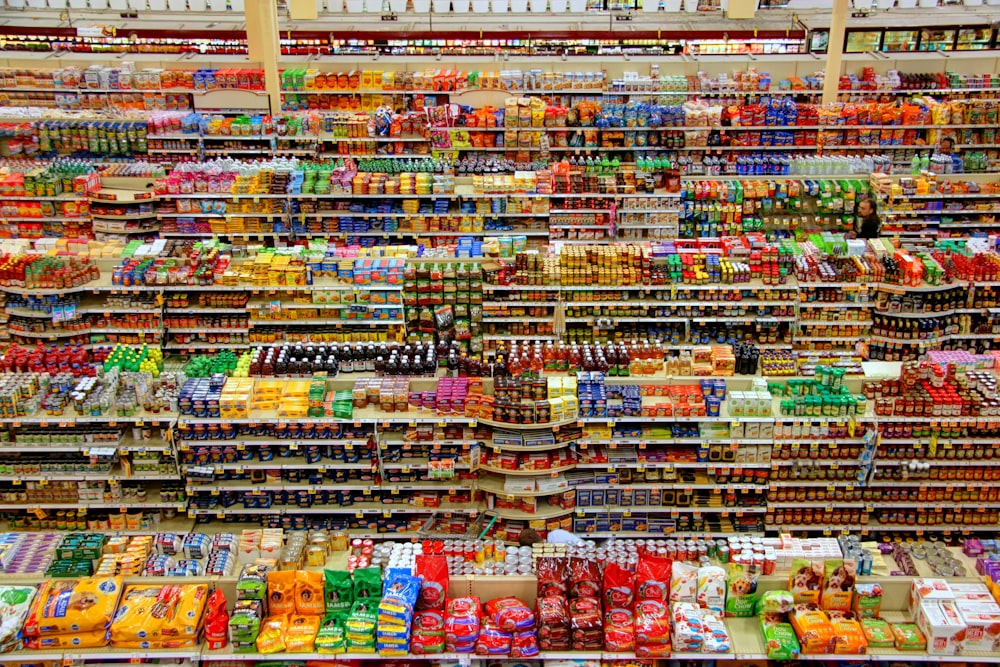 The food sector is subject to illegal practices of various types such as adulteration or exploitation of labour. In the media and public discourse, this phenomenon is often associated to activities by organised crime groups. Drawing on a socio-legal empirical study on the perception and conceptualisation of food crime in English and Italian public institutions, this paper unpacks the involvement of organised crime and mafia-type actors in the food sector. Considering data collected through in-depth interviews with representatives of law enforcement and other public authorities, supported by documentary sources, this research points out that, from both an institutional perspective that narrowly conceptualises as food crime as food fraud, as well as from a wider perspective that addresses other practices happening in the food sector, organised crime is involved in food crime. By referring to the English and Italian cases, and by merging different bodies of literature, such as green criminology and enterprise theory, this article advocates for conceptual clarity when referring to the involvement of corporate crime, organised crime and mafia-type groups active in the food sector. In so doing, it presents and reflects upon ‘organised food crime’ as a new socio-legal category and highlights its policy outcomes.
The food sector is subject to illegal practices of various types such as adulteration or exploitation of labour. In the media and public discourse, this phenomenon is often associated to activities by organised crime groups. Drawing on a socio-legal empirical study on the perception and conceptualisation of food crime in English and Italian public institutions, this paper unpacks the involvement of organised crime and mafia-type actors in the food sector. Considering data collected through in-depth interviews with representatives of law enforcement and other public authorities, supported by documentary sources, this research points out that, from both an institutional perspective that narrowly conceptualises as food crime as food fraud, as well as from a wider perspective that addresses other practices happening in the food sector, organised crime is involved in food crime. By referring to the English and Italian cases, and by merging different bodies of literature, such as green criminology and enterprise theory, this article advocates for conceptual clarity when referring to the involvement of corporate crime, organised crime and mafia-type groups active in the food sector. In so doing, it presents and reflects upon ‘organised food crime’ as a new socio-legal category and highlights its policy outcomes.
Read open access paper.
The same author published another related paper in 2020:
Food Crime: A Review of the UK Institutional Perception of Illicit Practices in the Food Sector
Food offers highly profitable opportunities to criminal actors. Recent cases, from wine and meat adulteration to milk powder contaminations, have brought renewed attention to forms of harmful activities which have long occurred in the food sector. Despite several scandals over the last few decades, food has so far received scant criminological attention and the concept of food crime remains subject to different definitions. This article assesses regulations in the United Kingdom (UK) and UK authorities’ official reports published between 2013 and 2018 through a review of academic literature published in English. It charts the evolution of the food crime concept, its various meanings, and different harmful activities associated with food crime, which originate from unlawful acts and omissions. This article also points out that further criminological research needs to address the definitional issue of food crime and inform a more integrated policy approach by considering activities beyond food fraud and the protection of food safety.
Read open access paper:

Comments